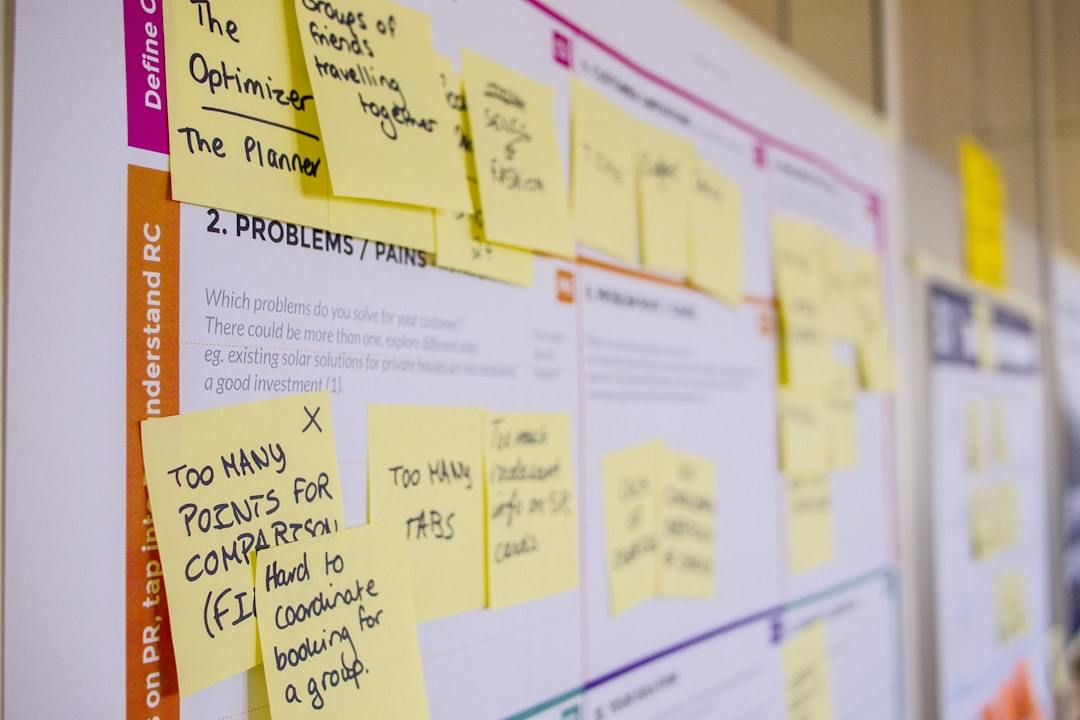Success depends on rapid innovation and adaptability in the fast-paced, lean startup methodology. This robust framework helps navigate the unpredictable waters of launching a new venture. It replaces assumptions with real-world data, allowing startups to pivot and adapt to market demands. This improves your odds of success while minimizing resource expenditure and risk.
Table of Contents:
- What is the Lean Startup Methodology?
- Applying the Lean Startup Methodology: Key Concepts
- Why the Lean Startup Methodology Matters
- Conclusion
What is the Lean Startup Methodology?
Eric Ries introduced the lean startup methodology in his book, “The Lean Startup.” It centers around the core principle: “Build-Measure-Learn.” This concept encourages a cycle of continuous innovation and improvement. Let’s delve deeper into each phase of this iterative process.
Build
This stage focuses on developing a Minimum Viable Product (MVP). An MVP is a functional prototype with just enough essential features to attract early adopters. It’s not about creating a perfect, feature-rich product right away. The goal is to rapidly test your fundamental business hypotheses with a viable product in the real world.
Measure
With your MVP in the hands of early users, gather crucial data and analyze their interactions. Are your assumptions about user needs valid? Key metrics you gather during this phase will guide your next steps. These actionable insights reveal whether you’re moving toward your business goals or if it’s time for a course correction.
Learn
Carefully study the data obtained during the “Measure” phase. Focusing on “validated learning” means rigorously testing every element of your vision. Make sure it resonates with your target audience. Do your findings validate your initial hypotheses or signal a need to pivot? This phase involves extracting actionable insights from real-world data to improve entrepreneurial endeavors.
Applying the Lean Startup Methodology: Key Concepts
Understanding the Build-Measure-Learn loop is essential for startups. Successfully implementation involves understanding several core concepts:
Minimum Viable Product (MVP)
The MVP is a strategic first step towards validated learning, not a half-baked product. It’s crucial to remember that this dynamic entity continuously evolves based on customer feedback. Building a minimum viable product is key to validating your business idea.
Pivoting
Pivoting doesn’t mean abandoning your vision. It means adapting based on market feedback. Sometimes, these shifts are drastic, requiring a new direction, as evidenced by companies like Slack. Originally a gaming company, Slack pivoted based on internal tool usage and became a workplace communication giant.
Customer Feedback
Gathering customer feedback is not a one-time event. Actively seek input throughout your product development cycle. Integrating feedback loops through surveys, user interviews, and A/B testing helps fine-tune your product and enhances its market fit.
Agile Development
In the lean startup methodology, Agile development facilitates rapid iteration and deployment of updates. The focus is on breaking down large development tasks into smaller, more manageable sprints. This approach ensures you can swiftly adapt to feedback and integrate changes.
Why the Lean Startup Methodology Matters
The lean startup methodology is a paradigm shift that challenges traditional business development methods. It’s a compelling approach for entrepreneurs navigating today’s fast-paced markets.
Reduces Risk
The lean startup helps minimize the risk of pouring resources into products that fail to resonate with your target audience. It uses a series of low-stakes experiments, minimizing potential losses while maximizing your learning potential. This safeguards you from hefty financial commitments on a product or service with unproven market demand. This risk-averse approach is critical for early-stage startups operating on tight budgets.
Customer-Centricity
The lean startup methodology fosters a culture of putting customers first. Customer feedback remains a pivotal driving force from conception to iteration, significantly improving your chances of building a product that meets market demands. It is all about providing customers with the products and services they need.
Speed and Agility
In today’s business environment, pivoting is necessary. The lean startup methodology champions adaptability by promoting an iterative approach. This rapid feedback loop empowers you to respond swiftly to market shifts, keeping you ahead of your competition. This makes it a great startup strategy.
Conclusion
With its iterative and customer-centric approach, the lean startup methodology is invaluable for startups in today’s business landscape. By embracing the Build-Measure-Learn feedback loop, startups can confidently navigate extreme uncertainty, increasing their odds of bringing successful products to market. It helps entrepreneurs develop a deep understanding of their customers, allowing them to create products and services that truly meet their needs.
Subscribe to my LEAN 360 newsletter to learn more about startup insights.





